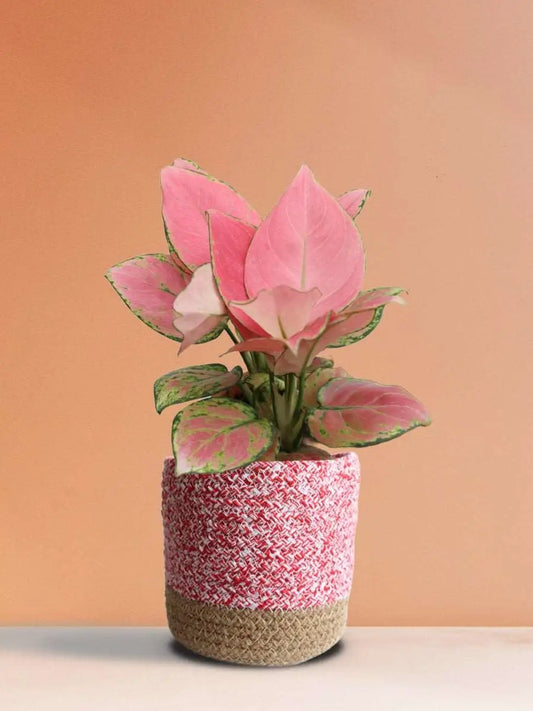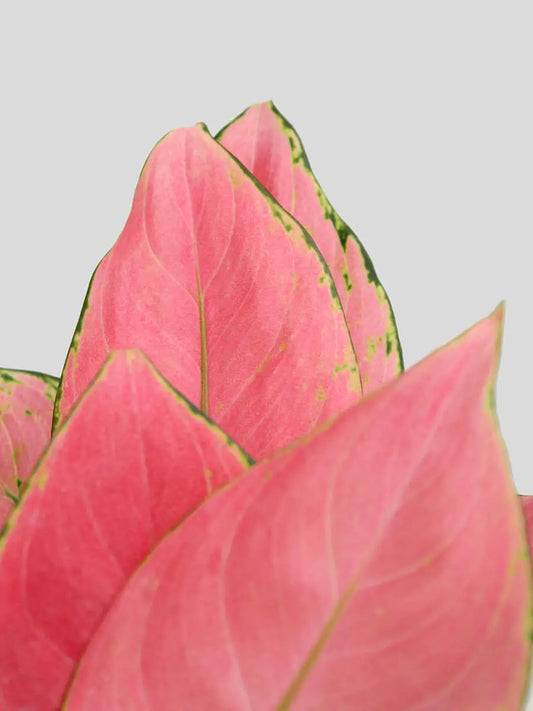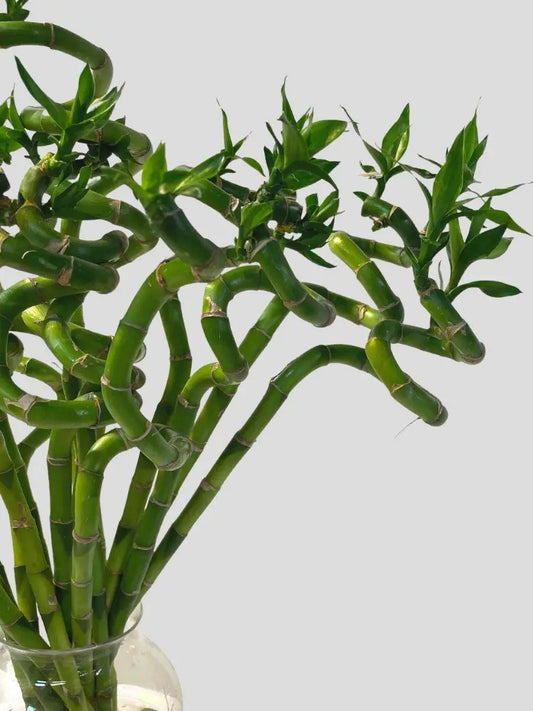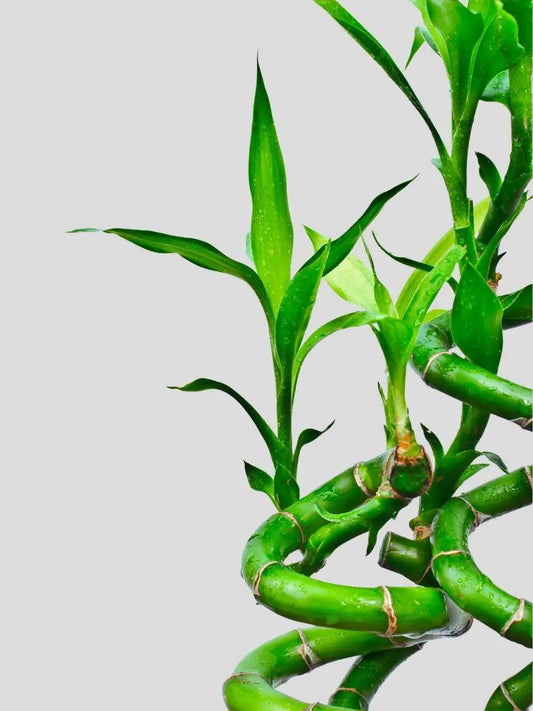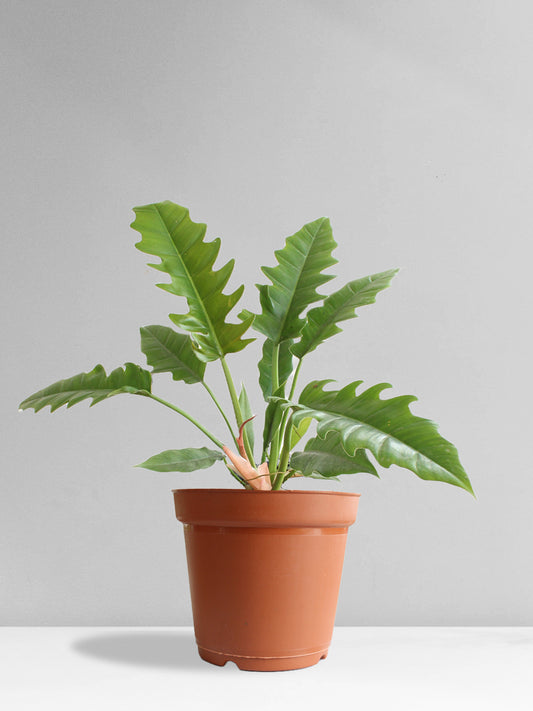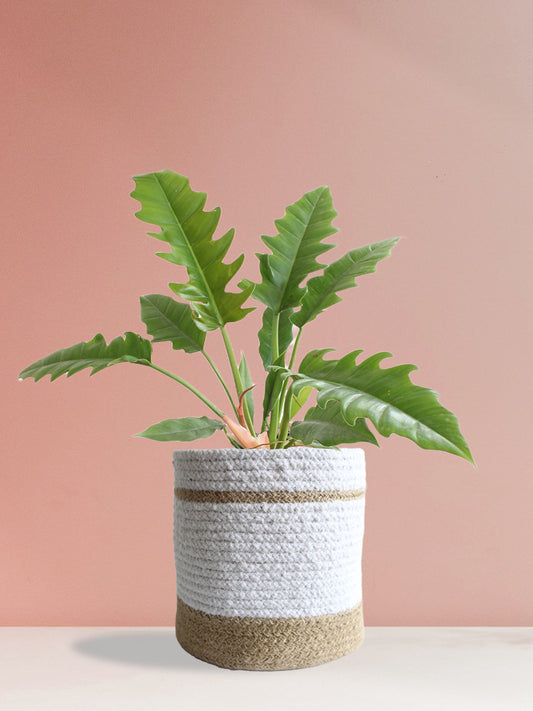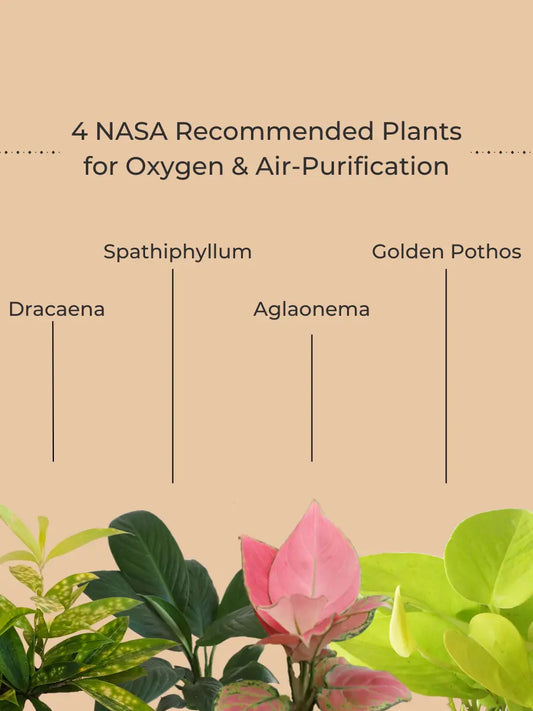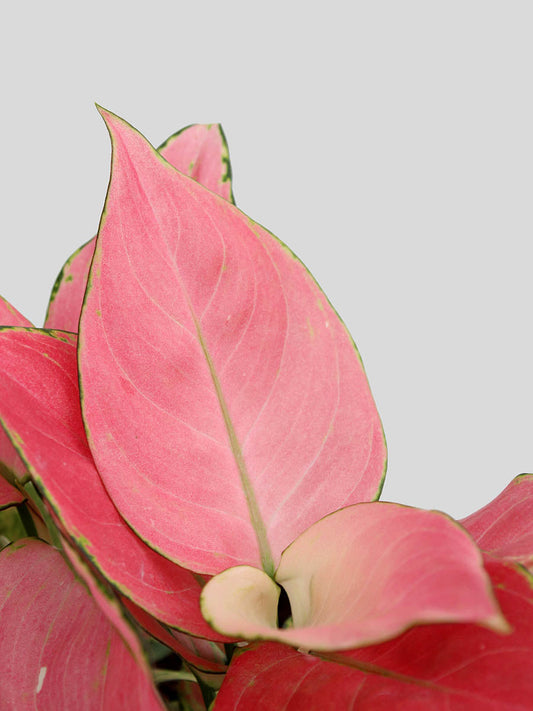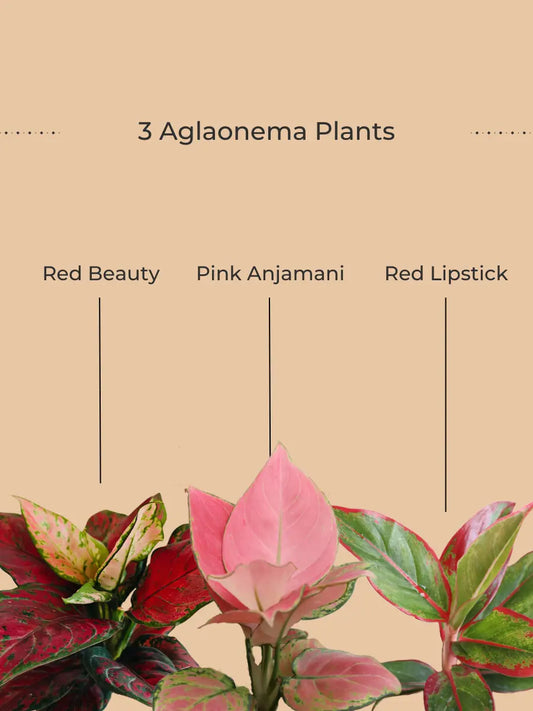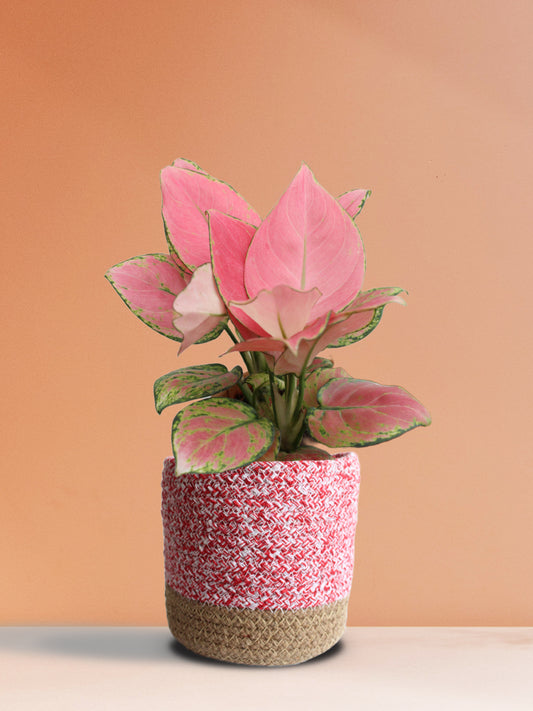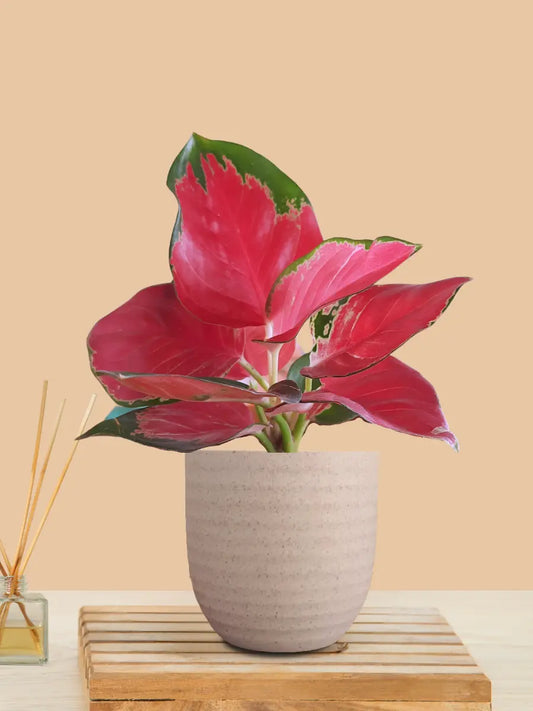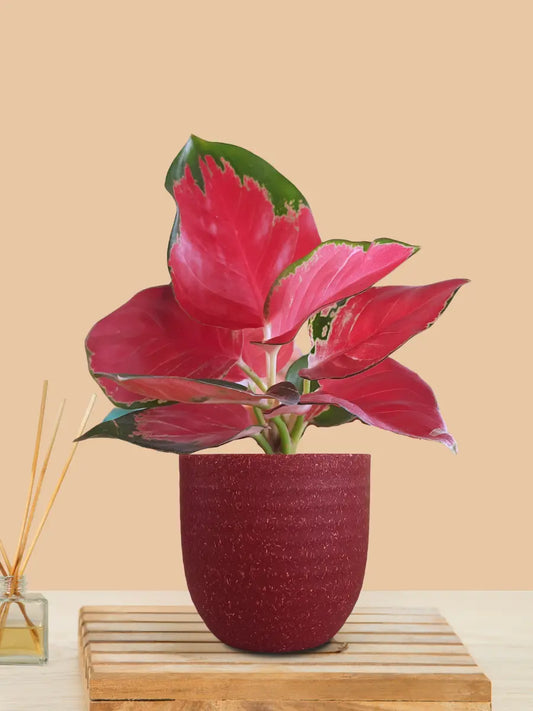Uses and Health Benefits of Tulsi Plant
In Indian culture, Tulsi, commonly referred to as holy basil, is a sacred plant. It has been used for thousands of years for its medicinal purpose and is regarded as a symbol of purification. This plant is an adaptogen, which means it has several health advantages and aids the body in coping with stress.
By discussing the different uses and health advantages of the Tulsi plant, we will learn why it is an absolute necessity in every home in this article.
Tulsi plant characteristics
Here are some of the characteristics of the Tulsi plant:
|
Characteristics |
Description |
|
Scientific Name |
Ocimum tenuiflorum |
|
Common Names |
Holy Basil or the Sacred Basil |
|
Family |
Lamiaceae |
|
Habitat |
The plant is a Native to the Indian subcontinent |
|
Growth Habit |
The tulsi plant is a Perennial herbaceous plant |
|
Height |
Grows up to 30-60 cm tall in size usually |
|
Leaves |
Small, green, aromatic, with serrated edges |
|
Flowers |
White or purple flowers, arranged in spikes |
|
Uses |
Medicinal, culinary, religious |
|
Medicinal Properties |
Anti-inflammatory, antioxidant, adaptogenic |
|
Religious Significance |
Considered sacred in Hinduism |
Nutritional Value of Tulsi:
Tulsi includes calcium, iron, zinc, and vitamins A and C. Additionally, it contains potent antioxidants that aid in defending the body against harm done by free radicals. The essential oil eugenol, which has anti-inflammatory and antibacterial characteristics, is one of many essential oils that may be found in tulsi. Essential vitamins and minerals for a healthy body are abundant in tulsi.
Also Check This: Benefits Of Lucky Bamboo Plant
Medicinal Health Benefits of Tulsi:

Not only vastu benefits, but the Tulsi plant offers several health benefits as well. Tulsi plant or the holy basil plant is known for the following health benefits:
- Providing immunity support
- Providing stress relief.
- Having anti-inflammatory properties.
- Improving respiratory health.
- Providing digestive aid.
- Improving cardiovascular health
- Improving skin health.
- Providing immunity support: The Tulsi plant is known to be rich in antioxidants. This in turn, helps in boosting the immunity of the body and makes it more capable of fighting off diseases.
- Providing stress relief: The Tulsi plant is set to Cure stress and anxiety according to traditional Ayurveda medicinal practices. The plant is set to help the body to adapt to stress and promotes mental well-being.
- Having anti-inflammatory properties: The Tulsi plant is said to have anti-inflammatory properties. Due to substances present in the Tulsi plant, not it can help to relieve symptoms of inflammation and even Arthritis.
- Improving respiratory health: The Tulsi plant effectively helps in curing respiratory ailments. The plant can be used to cure symptoms of cough, cold Asthma and bronchitis. The plant is able to provide respiratory soothe.
- Providing digestive aid: The Tulsi plant can also help in curing gastrointestinal ailments and digestive issues. The plant can be used to cure ailments such as indigestion, bloating and stomach cramps.
- Improving cardiovascular health: Clear studies have suggested the Tulsi plant can improve symptoms of Cardiovascular ailments such as, reducing the cholesterol levels or can also help in prevention of Formation of the blood clots.
- Improving skin health: The Tulsi plant can help in improving this by reducing inflammation, preventing breakouts and overall promoting more breathable skin.
Also Check This: Benefits of Rubber Plant
Vastu Benefits of Tulsi:

Vastu shastra is the ancient Indian art and science of architecture. The Tulsi plant holds an important position in the vastus shastra, Here are some of the reasons why. The Tulsi plant is considered auspicious, according to Vastu, and why you should keep the plant at your home:
- Purification of energies.
- Has a spiritual significance.
- Provides protection from evil.
- Affirms health and prosperity.
- Helps in balancing energies.
- Remove vastu doshas.
- Purification of energies: If you keep the Tulsi plant at your home, it is believed that it purifies the environment that it is kept in. The plant is often placed near the entrance of the house or in the Courtyard, as it is believed to clean the surroundings and bring in positivity.
- Has a spiritual significance: The Tulsi plant is considered sacred and is associated with purity in Hinduism. The plant has been Associated with various dates like Lord Vishnu or goddess Lakshmi.
- Provides protection from evil: The Tulsi plant is believed to have protective energies around it. The plant is said to Safeguard the home from negative energies and protect the people living in it. Placing a Tulsi plant near the entrance or in the courtyard is said to provide a protective shield around the property from negative energies.
- Affirms health and prosperity: The Tulsi plant is set to bring in health and prosperity. The plant is said to have medicinal properties and can benefit when kept to create positivity within the surroundings.
- Helps in balancing energies: The Tulsi plant is set to balance out energy according to Vastu principles. The plant is set to balance out all the five elements namely, earth, water, fire, air and space energies. Hence the plant promotes Harmony and balance.
- Remove vastu doshas: The Tulsi plant helps in removing vastu doshas. Growing a Tulsi plant is considered remedial for vastu doshas in the surrounding space.
Please Check: Why Tulasi Vivah Celebrated
Uses of Tulsi for Infections:
Because of its potent antibacterial, antifungal, and antiviral characteristics, tulsi is useful in the treatment of infections. It can be utilised to treat issues like:
- Skin Infections: Ringworm, eczema, and psoriasis can all be treated with tulsi topically.
- Urinary Tract Infections: Tulsi is effective in treating bacterial urinary tract infections.
- Dental Infections: Gingivitis and periodontitis are two disorders that can be treated with tulsi.
- Tulsi for Respiratory Problems: Tulsi is an effective remedy for respiratory problems such as cough, cold, and asthma. Tulsi tea is an excellent remedy for respiratory problems.
- Tulsi for Diabetes: A natural treatment for diabetes is tulsi. It helps lower blood sugar levels thanks to its hypoglycemic characteristics. Additionally, it aids in reducing oxidative stress and inflammation, two common side effects of diabetes.
- Tulsi for Kidneys: Tulsi is an excellent remedy for many kidney problems. It has diuretic properties that help flush out toxins from your body.
- Tulsi for Heart Diseases: Heart conditions can be treated successfully with tulsi. Blood pressure and cholesterol levels are two important heart disease risk factors, and it aids in their reduction. It also includes antioxidant qualities that aid in shielding the heart from harm brought on by free radicals.
Also Check: All About Rajnigandha Flower.
How to Use Tulsi?

Tulsi can be used in various forms, including fresh leaves, dried leaves, tea, and supplements. Here are some ways to use Tulsi for your utmost benefit:
- Fresh Leaves: Chew 2-3 fresh Tulsi leaves daily on an empty stomach to boost immunity and improve digestion.
- Tea: Boil 1 cup of water and add 1 teaspoon of dried Tulsi leaves. Steep for 5 minutes and strain. Add honey or lemon for taste.
- Supplements: Tulsi supplements are available in the form of capsules, tablets, and liquid extracts. Follow the recommended dosage on the label.
Check This: Best Low Light Indoor Hanging Plants
Different Types of Tulsi Plant:
There are Many types of Tulsi plants:
1. Rama Tulsi:
Rama tulsi is also referred to as Sri or Lakshmi Tulasi, Ocimum tenuiflorum, Ocimum sanctum, and green leaf tulsi (basil). The Rama tulsi has a potent scent emanating from every part of it. In addition to Bengal, Bihar, and Chatgaon, it can also be found in Eastern Nepal, Brazil, and China. Rama Tulsi is well known for its refreshing flavour.
2. Krishna Tulsi:
According to myth, Krishna Tulsi received its name from the purple leaves since the Vedas describe Lord Krishna as having a dark complexion. Krishna Tulsi is renowned for its crispy texture and spicy flavour. It is not like Krishna Tulsi grows less than other varieties of tulsi, however, it is more difficult to locate. Additionally, the Purple leaf tulsi is used to treat respiratory issues, nasal lesions, earaches, and skin conditions.
3. Vana Tulsi:
India, Sri Lanka, Java, and the northern and eastern regions of Africa are their native countries. Ocimum gratissimum is Vana tulsi's scientific name. It has highly fragrant, slightly hairy green leaves that can reach a height of 2 metres. The Ageing process of Vana Tulsi is slowed down by its potent antioxidant action.
Conclusion
Tulsi is a valuable herb with numerous health benefits. It possesses potent antioxidant and anti-inflammatory qualities in addition to being high in important vitamins and minerals.
Numerous health issues, such as infections, respiratory issues, diabetes, kidney disease, and heart disease, can be treated with it. It is regarded as a sacred plant in Indian culture and is thought to bring luck and good vibes.
There are many ways to ingest tulsi, including fresh leaves, dried leaves, tea, and supplements. Adding Tulsi to your daily routine can help you bless your surroundings and enhance your general health and well-being!


